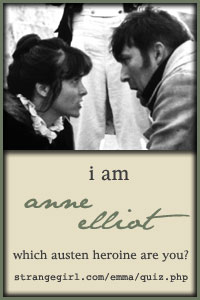The composition was a long, organic process. The collage started as a postcard, sent forth and back through the mail. The bit on the right, escaping the frame, is from an old Larousse dictionary. The lovely alphabet with blue stamp is from a Griffin and Sabine calendar I'd had in a drawer since working on campus. The ancient masking tape along the top held a photo on the matboard in the reused frame, a long-ago picture of me seated romantically on a stone wall in Borghetto sul Mincio. (Probably more or less where poor Gilda went, singing, in her canvas sack, into the river.)
My artist's statement that accompanies the collage reads thusly:
In Art as Experience, John Dewey writes
“There are things inside the body that are foreign to
it, and there are things outside of it that belong to it . . . that must, that is, be taken possession of if life is to
continue.”
Whatever its medium, my art has at its heart the
journey out, and back, retrieving vital things—
- what’s slow, and takes its time
- what sings to me
- what’s quirky (quietly), quizzical
There’s always joy in it, and learning. Liminal spaces, distances, the shimmer of
mirage in a long swath of sand. The play
of light and time. Fossilized pine tree
resin, holding ancient life within it and worn, warm, against the skin.
All that is old and spiritful—the word a gift from an
Italian friend.
A thumbmark in red clay from up the canyon one school
day;
the frogs and campanile bells outside the open windows
of the letterpress studio;
Albinoni playing as we (playing archaeology) explore
inscriptions and sacred old bones.
Whole constellations of wonder, the stories in the
stars.
Belief in God or gods.
Belief in children and the grace of age.
A love of charred spring onions, Greek coffee,
oregano.
The whimsy of oranges and priors and the cold noses of
dogs.
The temple bell never done sounding and
resounding
in
the inmost reaches of the human ear.
image:
Christie B. Cochrell, Paleography






























